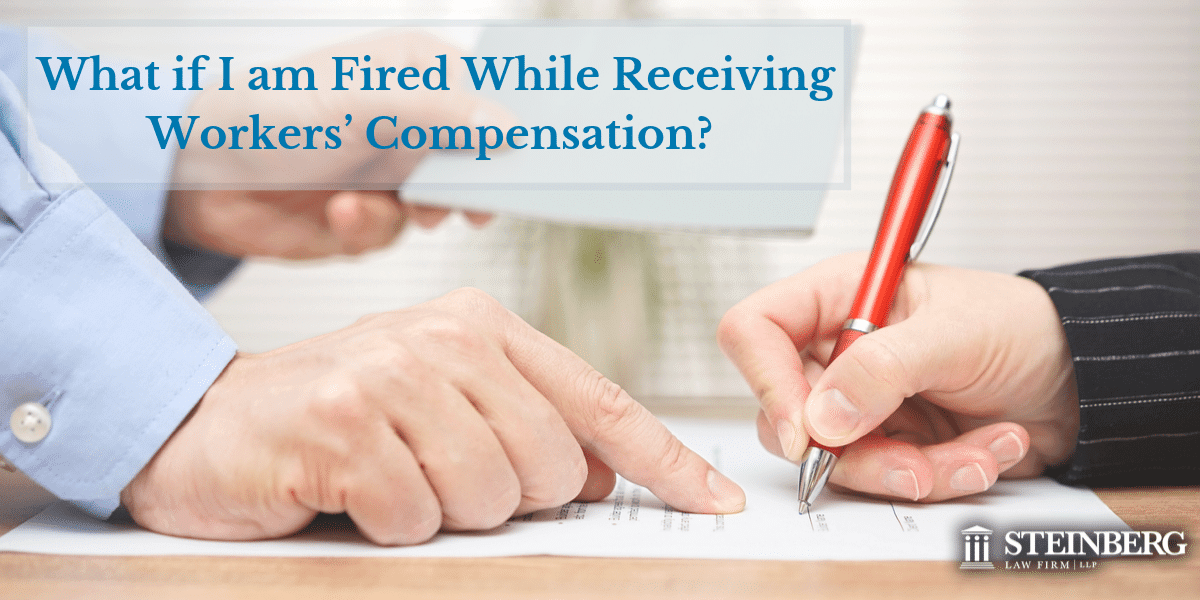
What if I am Fired While Receiving Workers’ Compensation?
South Carolina is what is known as an “employment at-will” state. This means that your employer can fire you at any time, for any reason or no reason, except because of your race, religion, national origin, sex, age or other reasons prohibited by law. Employees that were fired while receiving workers’ compensation can sue to recover lost wages, attorney’s fees, and other damages.
Some of other reasons you can not be fired for include:
- A worker called a whistle blower who is fired for reporting an employer committing fraud or committing other illegal activity.
- A worker who is fired for filing an Occupational Safety and Health Administration (OSHA) complaint.
- A worker who is fired after requesting a reasonable accommodation for a disability under the Americans with Disabilities Act (ADA).
- A worker who is entitled to protection under the Family Medical Leave Act (FMLA).
- A worker who is fired for reporting for jury duty or honoring a court subpoena.
- A worker who is fired for filing a complaint for wages or overtime pay.
- A worker who is fired in retaliation for filing a workers’ compensation claim.
It is important to understand that in South Carolina you can be fired while you are receiving workers’ compensation, just not because you filed a workers’ compensation claim. For example, if your employer has a general lay off applicable to all employees, you can be laid off too. In such a case, however, your weekly compensation benefits would continue unless properly terminated. If your treating doctor indicates you will have a permanent disability that will make it impossible for you to return to your job, your employer can fire you. In such a case, you would normally be entitled to an award of compensation benefits for your disability. If you violate company rules such as by being caught using drugs by a urine test, stealing from the company, committing fraud by working while claiming to be totally disabled you can be fired. If your refuse medical treatment or refuse work offered by your employer consistent with your treating doctor’s restrictions, you can be fired and your compensation cut off.
The question turns to what your employer’s intentions are. If you can prove you were fired in retaliation for bringing your workers’ compensation claim, you would be entitled to back wages, reinstatement and attorney’s fees. But the difficulty is how you prove what your employer’s intentions were. Even if you were told you were fired because of your worker’s compensation claim, your employer will likely deny it in court. Such cases often have to be proven by circumstantial evidence. By showing you had a good work record before you filed your workers’ compensation claim. Document everything that may show what your employer’s true motives were such as that you were asked not to file your claim, or to drop your claim. A pattern of harassment can be persuasive evidence of a wrongful motive or intent.
If you have been fired while receiving workers’ compensation, you should discuss your situation with an experienced workers’ compensation attorney at the Steinberg Law Firm. Initial consultations are free. It does not cost you anything to speak with one of our lawyers. Call our office directly at (843) 720-2800, visit our web page at www.steinberglawfirm.com or visit one of our offices in downtown Charleston, Goose Creek or Summerville.




















